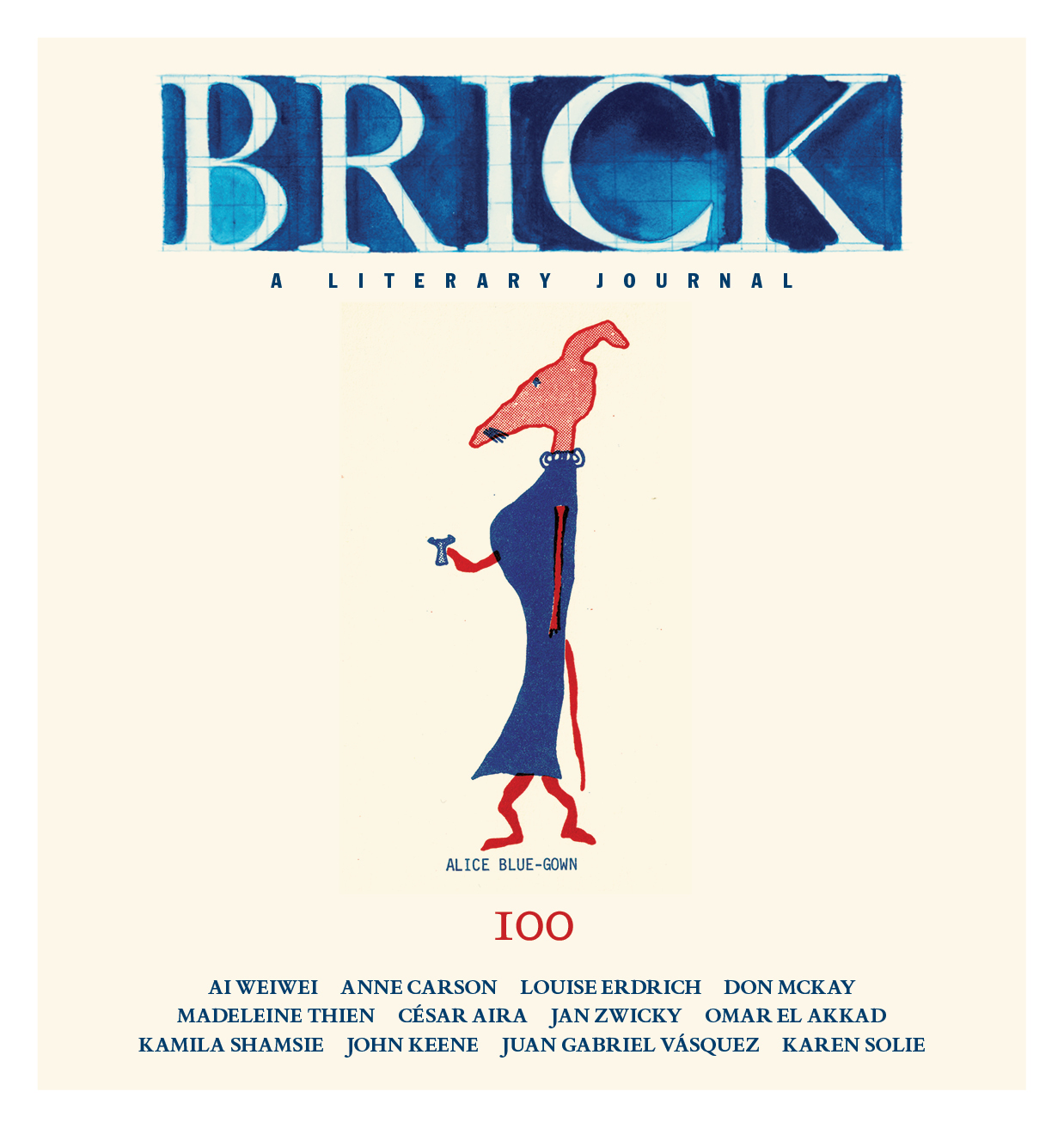Just over a decade ago, in my late twenties, I decided to drop out of a Ph.D. program in literature at Harvard and start a job as a high-school teacher. To my family, this was more than merely another episode in a life that already looked dismayingly like a series of fits and starts. Harvard had allowed them to make sense of me; the institution had a prestige they understood, and it assigned the arcane pursuits (music, poetry) that had taken me so far away from them a value they could measure. To leave, for them, could only look like failure.
One of the consequences of a life in art is that almost always the artist’s life looks like failure. And not just from the outside: the choice to leap off the career track I had devoted so many years to was also difficult for me to understand. I remember saying to myself in bemusement: I’ve worked so hard for this; I’m so lucky to be here; I have to leave. I had come to feel that I had to make a choice between being a scholar and an artist, and once the terms of that choice were clear, it wasn’t a choice at all.
I started teaching high-school because I needed a job, not because I felt a sense of vocation. It was a great surprise to discover that I loved it—that I loved teaching, that I loved my students. While I was in graduate school, my most important relationships were with books; my own thoughts were my most urgent preoccupations. When I look back at the poems I wrote then, I’m struck by how abstract they are, how interior, how unconcerned with human beings.
As a high school teacher, I found myself, suddenly and with no preparation, implicated in the lives of seventy adolescents. This was terrifying, and that first year was overwhelming, exhausting. I hadn’t realized that high-school teachers are also counsellors, sometimes confessors; I was entirely unprepared for my students’ eagerness to share their lives with me.
I came to understand that the work of a teacher is a kind of long looking, and that this is an enormous privilege for a writer. I watched my students, who were between the ages of fourteen and sixteen, experience their first tastes of those adult mysteries children are so hungry for: I watched them fall in love and go through heartbreak; I saw the aftermath of their first experiments with alcohol and with drugs; I saw them realize that, for the first time, their successes and failures might have real consequences for their adult lives. They were discovering, that is, the subjects of poetry, the things one spends a life writing about.
I didn’t write a word during my first year of teaching. When I tried to write poems again that summer, I realized that in that period of silence my sense of what poems could do had changed. The poems I was writing were more attentive to the exterior world. They became longer and looser. Human beings began to appear in them, to speak and interact with one another. They started to tell stories. Several years would pass before I wrote my first lines of fiction, but my path to being a novelist began when I began to teach. I doubt I would ever have embarked on that path without those years of teaching.
I’m suspicious of the idea of craft, of discrete, portable tools or techniques that a writer can learn and then carry from work to work. If there are such tools, they’re limited, almost inconsequential. Real growth for a writer, I tell my students, happens outside of the workshop, and it has nothing to do with the trappings of a career. To be a better writer requires finding a way to care about things more deeply and more broadly, to become more interested in the world, to observe it more finely.
This awareness of my own affective embeddedness in the world is what allowed me to become a novelist. The gift of those years of teaching was the discovery of a feeling I had never suspected in myself before, a capacity for urgent and disinterested—I’m tempted to say novelistic—love.
Garth Greenwell is the author of the novel What Belongs to You. His short fiction has appeared in the New Yorker, the Paris Review, and A Public Space. He lives in Iowa City.
